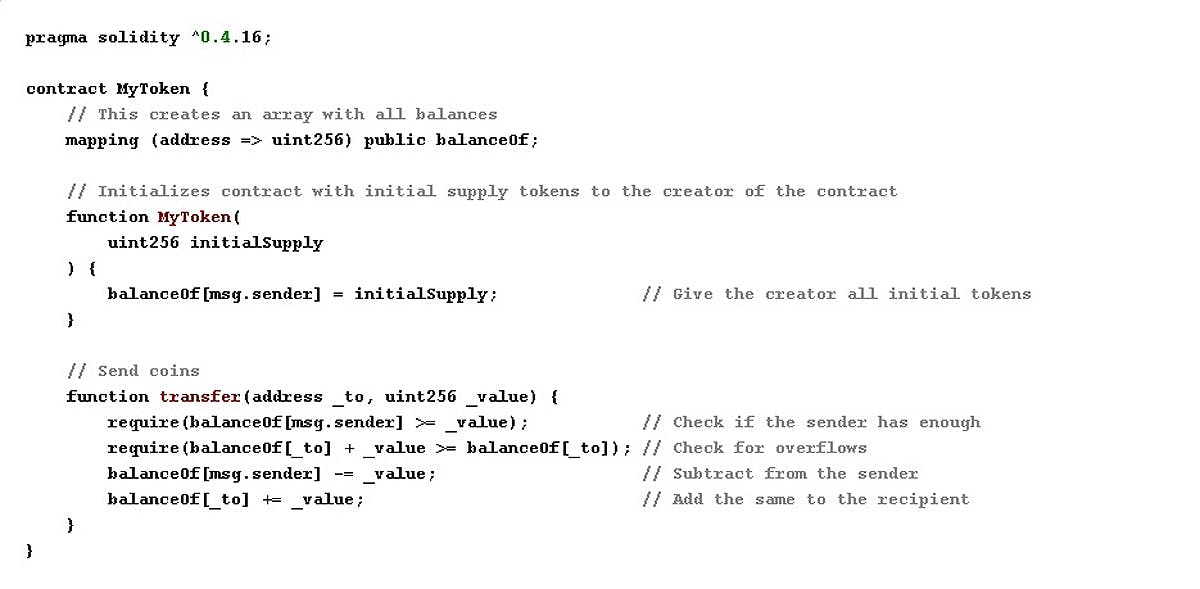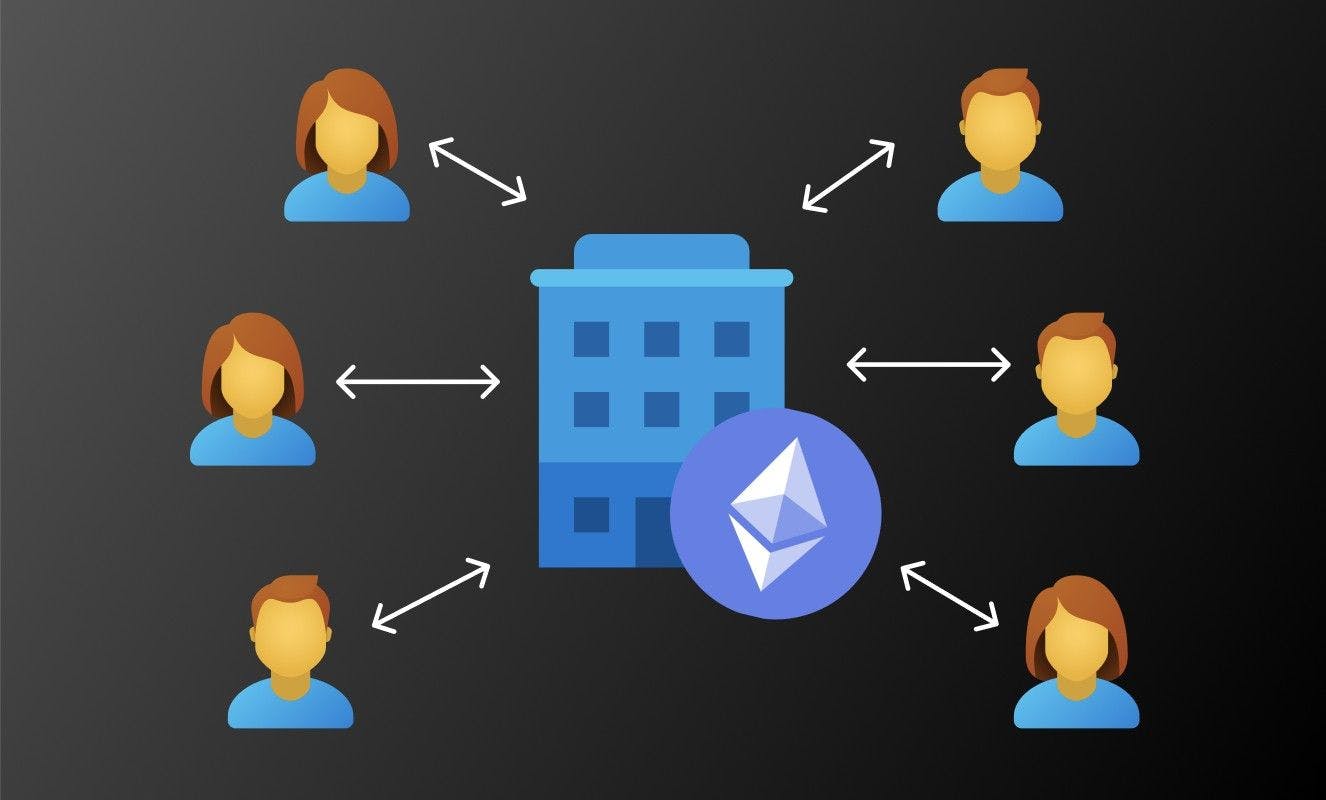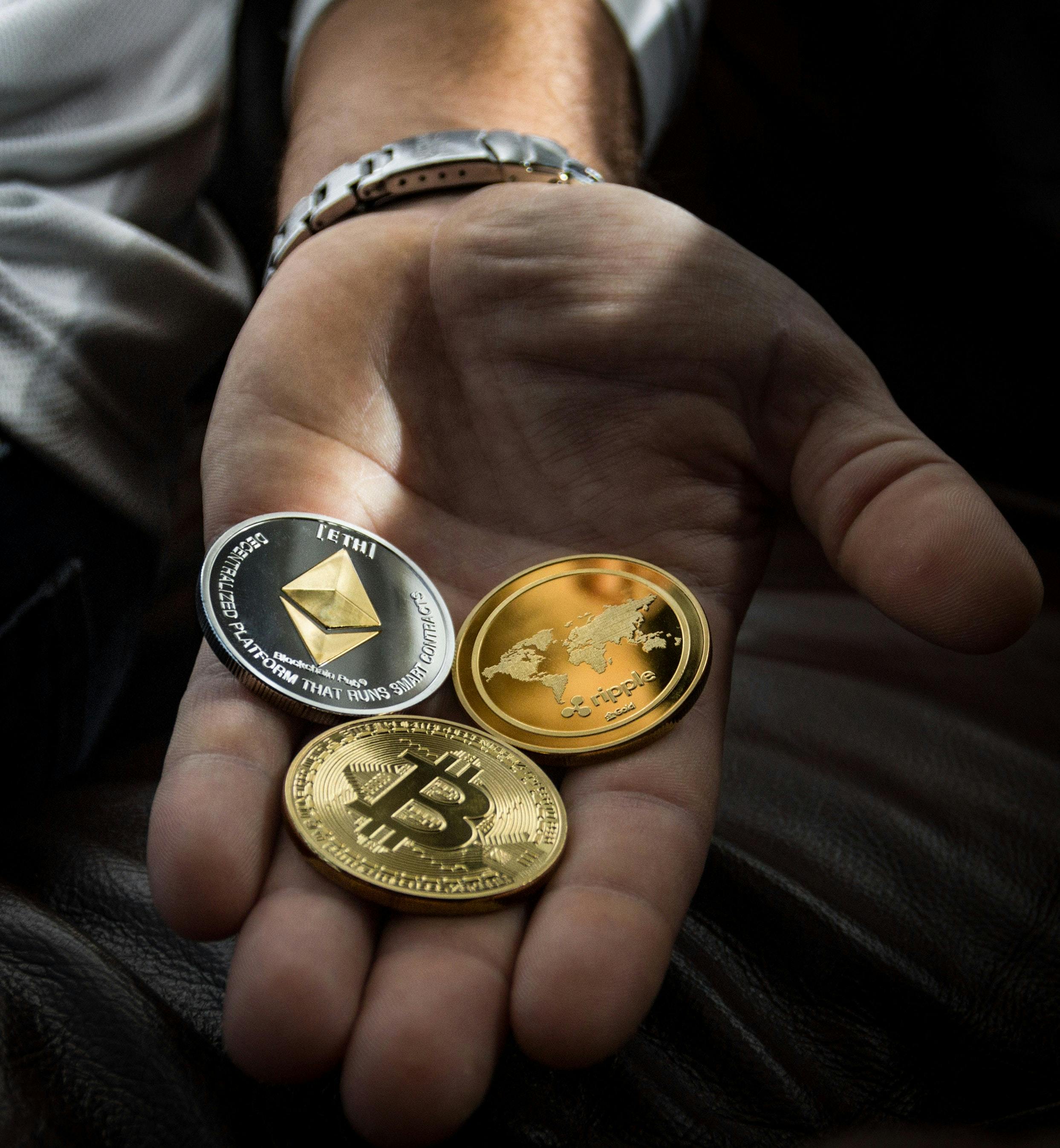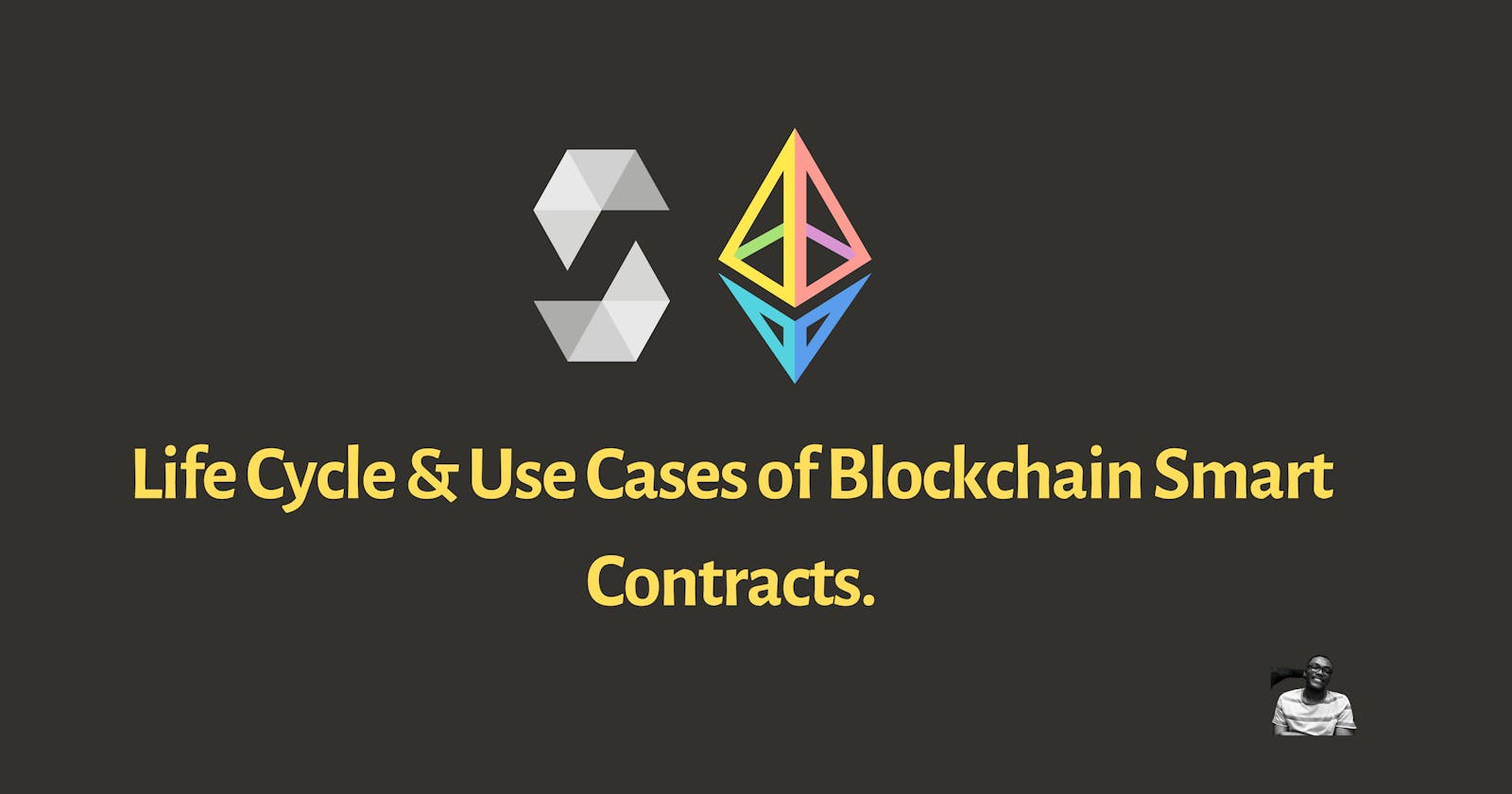The Lifecycle and Application of Blockchain Smart Contracts.
Smart contracts are nothing more than computer programs. They are neither especially intelligent nor accurate representations of legal contracts.
The term smart contract has been around for several decades.
The word was coined in the 1990s by cryptographer Nick Szabo.
Nick said it was "a collection of digitally defined promises, as well as the procedures by which the parties perform on each other's promises."
We've been implementing smart contract knowledge for a long period of time, even before the emergence of Bitcoin and Blockchain in 2009.
What is a Smart Contract?
The vending machine is a long-standing application of smart contracts.
A vending machine is a machine that automatically gives out small things when a certain amount of money is put in.
The vending machine's transaction rules are preprogrammed. The customer chooses a product by pushing a corresponding number and then inserts money. When a sufficient amount of money is inserted, the product is expelled.
If a product is unavailable, the client will receive a refund, and no product will be expelled if the quantity of money inserted is insufficient.
In comparison to a human vendor, the vending machine is available 24 hours a day.

Smart contracts are self-enforcing sets of codes on the blockchain.
The code is in the form of rules that govern how the many parties to a smart contract agree to interact under particular circumstances. When the agreed-upon conditions are met, the agreement is immediately enforced by the majority of the blockchain network.
This consensus mechanism is responsible for registering the interaction (transaction) on the distributed ledger.
The picture below shows a sample smart contract code that deals with how tokens are transferred between members.

Characteristics of Blockchain Smart Contracts.
What are the characteristics, ramifications of a smart contract?
1. Smart Contracts are computer programs
Smart contracts are nothing more than computer programs. Smart contracts are neither especially intelligent nor accurate representations of legal contracts.
2. Smart Contracts are immutable
Once deployed and added to the ledger, a smart contract's code is immutable. In contrast to traditional software, the only way to modify a smart contract is to re-deploy it.
3. Smart Contracts have deterministic effects
The conclusion of a smart contract's execution is identical for everyone who runs it.
4. Economic Impact of Smart Contracts
They promise increased openness, a reduction in the number of intermediaries, and a reduction in transaction costs.
5. Technical Properties of Smart Contracts
They are tamper-resistant(immutable), self-enforcing, and self-verifiable.
Life Cycle of Smart Contracts
Typically, smart contracts are constructed in a high-level programming language.
These high-level languages must be compiled into low-level bytecode before they can be run on the Ethereum network.
Following compilation, the platform executes the bytecode, which initiates a specific transaction. As with wallets, the smart contract is then provided with an address.
It can communicate with other smart contracts and externally owned accounts (EOA). Each smart contract has a unique address that can be used to do this.
In contrast to EOAs, smart contracts are not secured by a key. On a fundamental level, developers of smart contracts do not have any unique privileges( even though they can be written to their advantage) because there are no keys, they can be interacted with by anybody.
It is vital to understand that contracts are executed and referred to as transactions. Wallet accounts (EOAs) and other smart contracts can communicate with one another and send transactions to one another.
In the event of an execution fault, all state changes are "restored," but the ether spent on fees is withdrawn from the account that began the transaction.
Altering Smart Contracts
Once deployed, a smart contract's code is irreversible. This emphasizes the critical need to extensively test the code prior to deployment.
A smart contract code, on the other hand, can be deleted from its holding address. Developers utilize Solidity, a high-level programming language, to construct smart contract code.
To destroy contract code in Solidity, you use the "'selfdestruct "' EVM opcode.
This form of deletion leaves the previous history and transactions intact. It nullifies and voids the contract. This renders interaction with the contract impossible.
Take note that this function is incorporated into the code during production and is typically attached to conditions that allow only specific accounts to call it.
When "'selfdestruct" is invoked, the smart contract's remaining ether is transferred to a beneficiary account.
All of this data and code are added during production and deployment, as there is no way to update the code once it is launched.
Industrial Use Cases of Smart Contracts
Smart contracts have a variety of industrial applications ranging from simple to sophisticated. I'll discuss the ones that are rapidly evolving these days.
Simple economic transactions, such as paying money from Joe to Emma, can be carried out using smart contracts.
Additionally, they can be used to register many types of ownership and property rights, intellectual property, and to manage smart access control in the sharing economy. Recently, we've witnessed an increase in the use of NFTs.
Smart contracts, which are similar to DAOs, can be used to make more complicated agreements between people and groups in the supply chain of goods or services.
DAOs are community-owned organizations that lack centralized leadership.

Smart contracts and DAOs have the power to change the way we use social media in a big way.
Current Web2-based social media networks gain revenue by monetizing the data of their subscribers.
Smart contracts have the potential to establish purpose-driven ecosystems in the next generation of the web in which users can benefit from their network activities by being compensated with tokens.

Conclusion
The notion of a smart contract is new, and I anticipate that over the next few years, we will witness an exponential increase in the number of smart contract applications across a variety of industries, including the legal system, banking, health, and real estate.
Learn More
This blog is dedicated to educating curious individuals who want to learn about technology and improve their skills.
Check out the blog to show your support.

